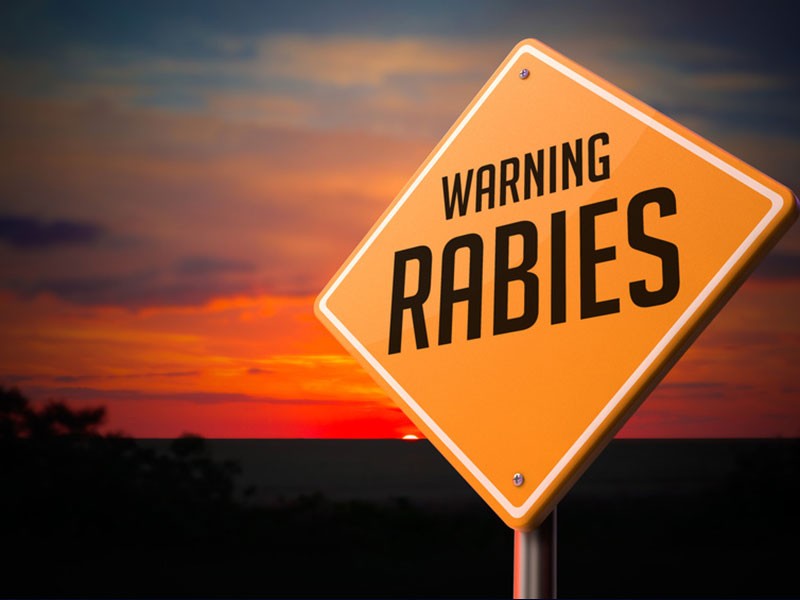District 2 Public Health reported two recent rabies incidents from early January.
The first incident occurred on Jan. 8, when a racoon in Franklin County tested positive after a dog was exposed. The second case was on Jan. 13, which involved a racoon that tested positive in Dawson County and exposed two dogs and their owner to the virus.
The department reminded residents of precautions to take to prevent infection within the areas the incidents occurred.
“Rabies is a fatal, but preventable virus that primarily affects wild mammals, including raccoons, skunks, bats, and foxes in Georgia,” a release from the department said. “It spreads to other wild animals, pets, livestock, or humans, through bites, scratches, or exposure to the saliva of an infected animal. It can also spread if saliva from an infected animal enters the mucous membranes such as the eyes or nose of another animal or human. Once contracted, the virus spreads to the brain, causing inflammation that is usually fatal once symptoms appear. However, if treatment is sought immediately after exposure, rabies can be treated effectively.”
CDC guidelines for to avoid the virus include:
-
Ensure your pets and livestock have received the most current rabies vaccination.
-
Seek medical care promptly if you suspect potential rabies exposure.
-
Avoid interacting with wild or unfamiliar animals. If you find an injured animal, refrain from feeding or attempting to help it.
-
Encourage children to “love your own, leave other animals alone” as the Georgia Department of Public Health recommends.
District 2 public health also recommends that those who feed their pets outdoors remove any leftover food to prevent attracting wild animals.
“If you believe you’ve been exposed to rabies, clean any wounds with soap and water and seek medical care immediately,” the release said. “Rabies post-exposure prophylaxis is a highly effective treatment if administered quickly after exposure. It includes a vaccine series that is serviced at all major hospitals in District 2. Your local Environmental Health Office has information regarding vaccine access programs. If untreated, the virus is almost always fatal” .
To learn more about rabies prevention and treatment, visit : https://phdistrict2.org/environmental-health/7/ .
















